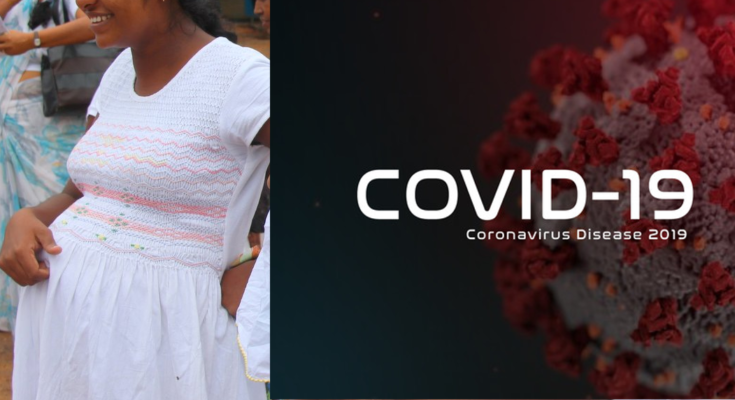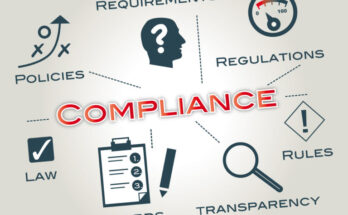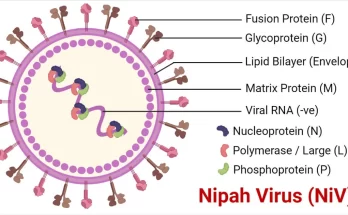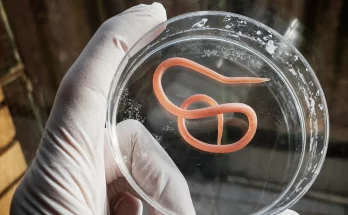Among the many problems caused by the COVID-19 pandemic, the effect of this deadly pandemic on pregnant women is one of the major concerns in many of the affected countries. During the second and third waves of this pandemic in Sri Lanka we saw several pregnant mothers die because of COVID 19 related complications. Due to the special health conditions of a pregnant woman it’s very much important to manage her carefully in this pandemic situation. Specially if a pregnant mother gets COVID, it’ll be a real challenge for her, her family and the health care workers to manage her and her baby through this critical situation.

Dr. Özge Tunçalp, WHO’s expert on maternal and perinatal health talked about pregnancy and COVID-19 in a special video discussion with Marta Soszynska. In this discussion Dr. Özge first discussed about advises WHO have for women who are pregnant or are planning pregnancy during the pandemic.
“Pregnancy is a very special time in a woman’s and a family’s life, and going through it during a pandemic can be very stressful. Good thing is there are simple things that you can do. Pregnant women should take the same precautions to avoid COVID-19 infection as other people. You can help protect yourself and your family by cleaning your hands, keeping physical distance, when not possible and in crowded places, wearing a mask, opening windows as much as possible, practicing respiratory hygiene when coughing and sneezing, and where available and appropriate, getting vaccinated. At the same time, it is very important to follow routine care appointments during pregnancy and after birth for yourself and for your baby, keeping a healthy diet and exercise, taking care of your physical and mental well-being and planning your birth.” Dr. Özge explains.
“Health systems around the world are under a lot of pressure right now, and sexual and reproductive health services are quickly disrupted when in situations like these. But pregnancy is not put on pause in a pandemic, and neither are every person’s fundamental human rights. So, it’s very important that women who are pregnant or considering a pregnancy at this time, know what they should expect. And the message from WHO is very clear: safe and respectful pregnancy, childbirth and post-natal services are essential to maintain. All pregnant women and their newborns, including those with confirmed or suspected COVID-19 infections, have the right to high quality care before, during and after childbirth. And that includes mental health care. And what do we mean when we say a safe, positive, good quality child birth experience? It’s about being treated with respect and dignity, having a companion of choice present during childbirth if you choose to do so, clear communication by maternity staff, appropriate pain relief strategies and mobility in labor where possible and birth position of choice. And after birth, women and babies should be able to remain together, practice skin to skin, rooming-in and supported to initiate and continue breastfeeding.” Dr. Özge answered when asked about what a woman should expect for her care during childbirth and pregnancy at this time.
Speaking further Dr. Özge discussed about additional risks to a pregnant woman or her baby if she get COVID-19 during pregnancy,
“Being pregnant is not an additional risk for getting COVID, but we also know that pregnant women are at higher risk of getting severe COVID and at higher risk of delivering a baby prematurely. What’s important is that you know what to do if you have COVID and if you have fever, cough, difficulty breathing, seek medical care early. This can help minimize the risks. Ask your health care provider for advice about managing common COVID symptoms so you can make the right decision together. Preparedness is very important here. Make sure you know where to go if your symptoms worsen or if you have any other complications. Your health care provider can guide you on what to do in case there are movement restrictions or curfews in the place you live. And I can’t emphasize enough the importance of keeping regular pregnancy and post-pregnancy checkups. Make sure that any contacts that you missed for antenatal or postnatal care are rescheduled. And in some cases you may have the possibility to have these contacts through telemedicine or by phone or even home visits. And in terms of risks for the baby, mother to baby transmission in utero or during birth is very rare and no active virus has been identified in breast milk. So, this is important to keep continuing with breastfeeding. And as far as we know, babies born to women who have had or currently have COVID do well and in general don’t present with symptoms. In case newborns are infected, most of the time they present with symptoms that are not very severe.” she explained.
Situation in Sri Lanka
Sri Lanka reported the first death of a Pregnant woman duet COVID 19 related complications on 5th of May 2021. And within a months’ time that number has been gone up to 12 deaths. These numbers alone show us how dangerous the situation is for the pregnant women in Sri Lanka. On 5th May itself Director General of Health Services issued a special care pathway for Pregnant mothers to be adopted in COVID-19 care facilities.

Director General further reiterated the importance of establishing facilities for different level of care for pregnant and postpartum mothers depending on the risk conditions and period of gestation of the Mothers.




